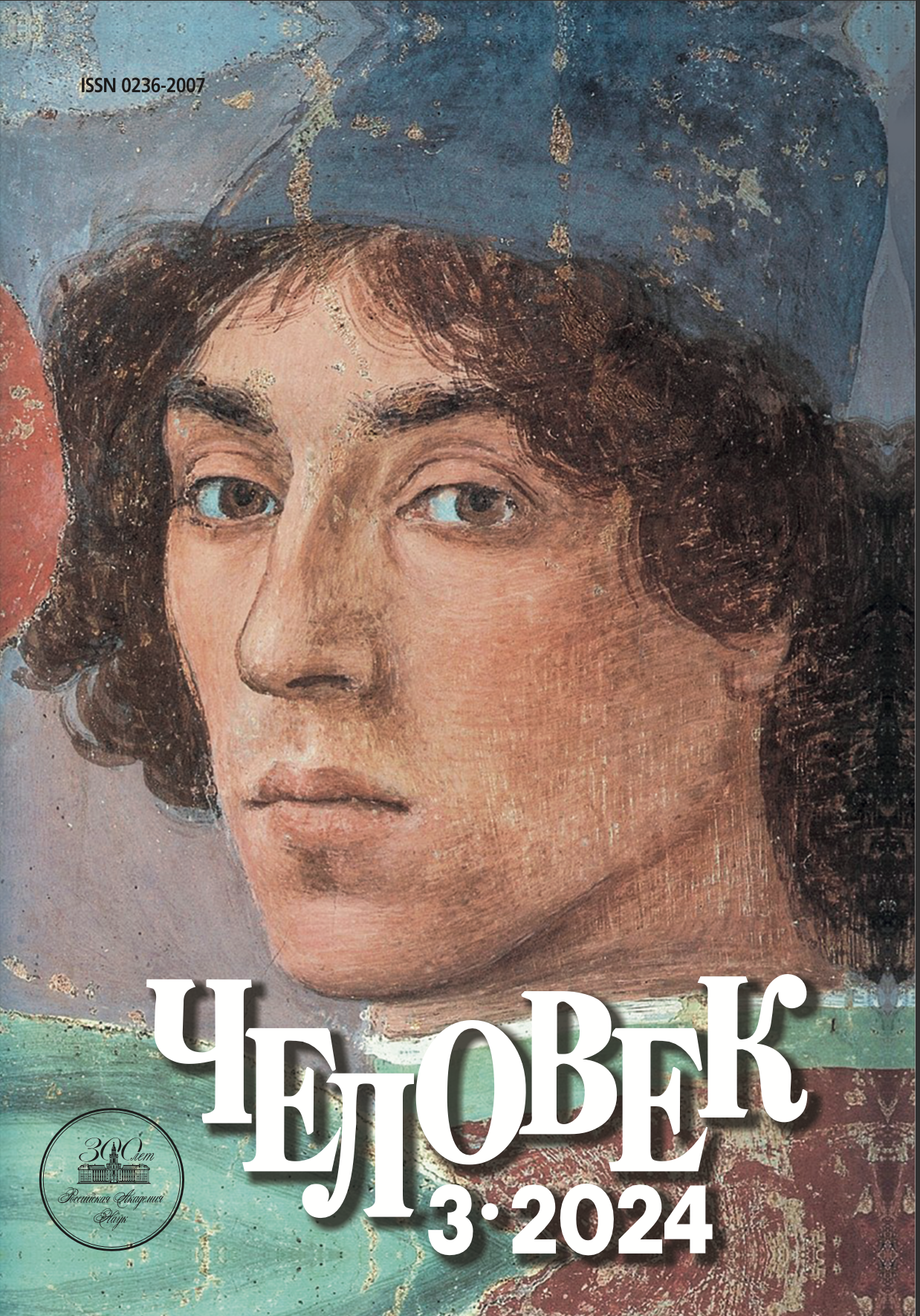Evolution, Death, Man
DOI:
https://doi.org/10.31857/S0236200724030011Keywords:
evolution, man, extinction, life, death, destruction, biology, medicine, transhumanism, immortalityAbstract
The inevitability of humanity's transition to a new qualitative state is becoming the dominant feature of public consciousness these days. Crisis fears are artificially fueled to a large extent, but there are good reasons for them. One of them is the decrease in the biological stability of the current human species, in particular the depopulation of the population of the most developed regions of the modern globalized world. Similar phenomena in the evolution of wildlife have always pointed, on the one hand, to the lagging of endangered species from the pace of environmental changes, on the other hand, to the formation of new species more adapted to these changes. In modern culture, some prerequisites for such shifts have already developed. The progress of information and digital technologies at the turn of the XX–XXI centuries extremely accelerated the renewal of the artificial environment of human existence, as a result of which, in terms of its rate of change, it surpassed such basic biological parameters of human life as the life span of an individual and the period of generational renewal. Thus, humanity has reached the “point of biological singularity”. Objectively, a speciation situation is being created, that is, the prospect of biological transformation of the human species. Proponents of transhumanism propose to accelerate this process using the achievements of science. An alternative option comes from understanding the phenomenon of life as an evolutionarily progressive combination of creative and destructive changes, where death is a condition for optimizing some stages of the life process. At the stage of biological evolution, death remains a spontaneously acting and fatally uncontrollable factor, but at the stage of cultural evolution it becomes possible to convert its destructive potential into a means of regulated influence on metabolic processes in the human body in order to infinitely expand the temporal boundaries of the existence of the individual and the entire human race.






